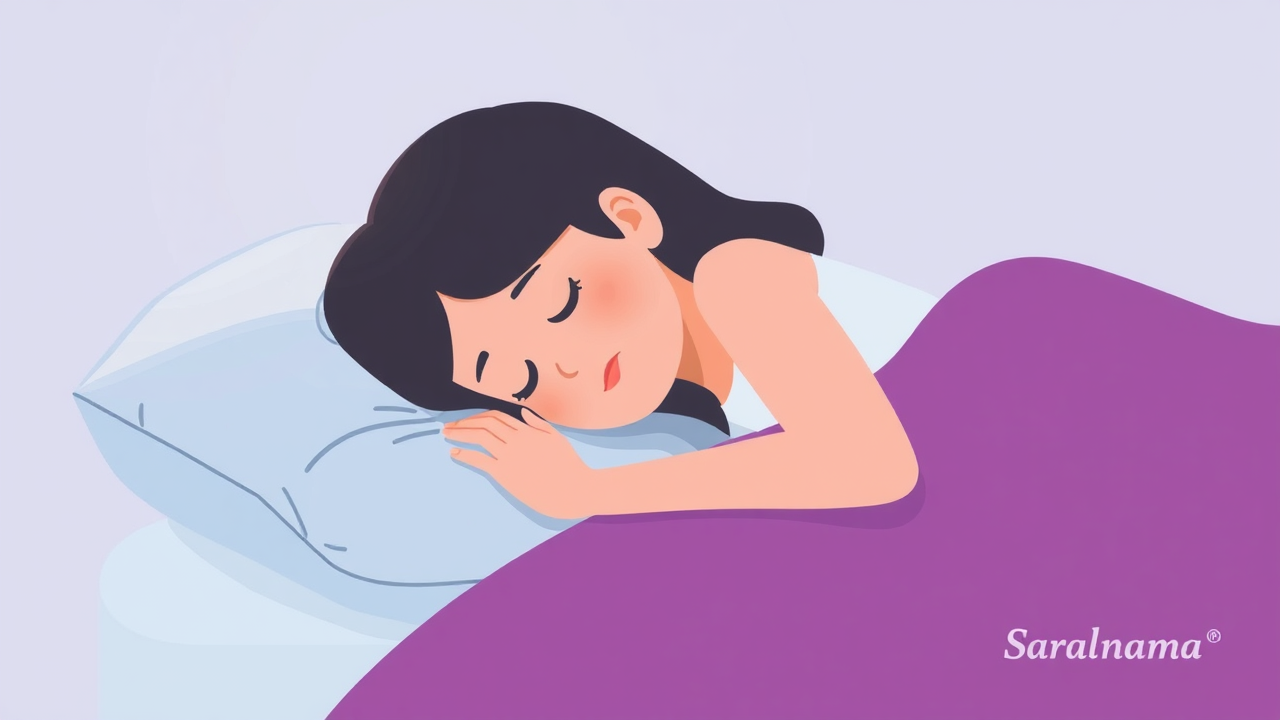Many people feel surprisingly energetic after sleeping only a few hours, even though science shows that insufficient sleep harms concentration, energy, immunity, and reaction times. According to Dr Krishnasree K S from KIMSHEALTH Trivandrum, this phenomenon has several explanations. Stress or excitement can trigger adrenaline or cortisol release, creating temporary alertness. A very rare genetic mutation in the DEC2 gene allows a tiny percentage of people to function well on 4–6 hours of sleep. Additionally, many adapt to chronic tiredness and fail to recognise they are operating below their best. Despite occasional feelings of alertness, consistently sleeping only 4–5 hours damages focus, mood, metabolism, and long-term health. Experts recommend 7–8 hours of quality sleep for optimal energy and wellness. Lifestyle factors like caffeine, alcohol, and screen time before bed worsen sleep quality. Creating a disciplined sleep routine is essential for proper rest and overall health.

Why Lack of Sleep Affects Your Body and Brain
Insufficient sleep causes serious long-term harm beyond low energy. Memory, focus, and decision-making abilities decline, resulting in slower reactions and reduced productivity. Cardiovascular health suffers with high blood pressure, irregular heartbeats, and increased heart disease risk. Sleep loss disrupts hunger and stress hormones, leading to overeating and weight gain. The immune system weakens, making the body vulnerable to frequent infections and colds. Mental health also deteriorates, with chronic sleep deprivation linked to anxiety, depression, and irritability. Dr Manjusha Agarwal from Gleneagles Hospital emphasises that quality sleep involves uninterrupted rest, not just hours in bed. To function properly, adults need at least 7 to 8 hours of quality sleep daily. Avoiding frequent nighttime awakenings is critical for maintaining physical and mental well-being throughout the day.
Source: Link
